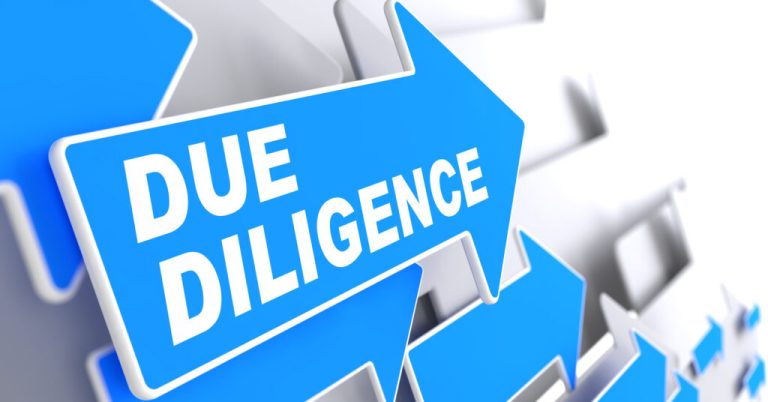Building reliable partnerships with Chinese companies requires careful evaluation and verification. Due diligence plays a critical role in ensuring that businesses are trustworthy, financially stable, and compliant with legal and regulatory requirements. Conducting thorough research before signing agreements helps reduce risks, avoid fraudulent practices, and establish long-term business relationships. Companies can make informed decisions by understanding a potential partner’s background, financial health, and operational practices. A structured due diligence process not only strengthens trust but also provides confidence in business dealings, protecting both time and investment.
Key Aspects of Due Diligence
- Company Background Verification
O Confirm legal registration and business licenses.
O Review company history, ownership structure, and management team.
O Verify any past legal disputes or regulatory issues.
- Financial Assessment
O Examine financial statements for accuracy and stability.
O Assess profitability, cash flow, and debt levels.
O Identify any signs of financial mismanagement or risk.

- Operational Review
O Inspect production facilities, processes, and quality controls.
O Evaluate supply chain reliability and vendor relationships.
O Check for certifications or standards compliance relevant to the industry.
- Reputation and Market Position
O Investigate the company’s reputation among clients and partners.
O Assess market share, competitive position, and growth potential.
O Review feedback from previous business transactions.
- Legal and Regulatory Compliance
O Ensure adherence to local and national regulations.
O Check intellectual property rights and contract law compliance.
O Verify that business practices meet industry standards.
Benefits of Performing Due Diligence
- Reduces Risk: Identifying potential issues early prevents financial loss and legal complications.
- Builds Trust: Transparent verification of credentials strengthens confidence between partners.
- Enhances Decision-Making: Reliable data supports strategic planning and informed investments.
- Prevents Fraud: Detects hidden liabilities, fake credentials, or misleading claims.
- Improves Long-Term Relationships: Ensures partners share aligned values and operational standards.
Steps for Effective Due Diligence
- Gather all relevant documents, including licenses, contracts, and financial reports.
- Conduct interviews with company executives and key personnel.
- Cross-check information with third-party records or independent sources.
- Evaluate the findings and identify potential risks or red flags.
- Make an informed decision based on comprehensive analysis.
Due diligence is a vital step for companies seeking partnerships in China. It strengthens trust, mitigates risk, and provides a clear understanding of a company’s legitimacy and operational capacity. By systematically evaluating financial, legal, operational, and reputational aspects, businesses can avoid pitfalls and establish secure, mutually beneficial due diligence for Chinese companies relationships. Proper due diligence empowers companies to make confident decisions, ensuring both short-term stability and long-term growth. Taking this careful approach ultimately protects investments, enhances collaboration, and fosters sustainable business success.




